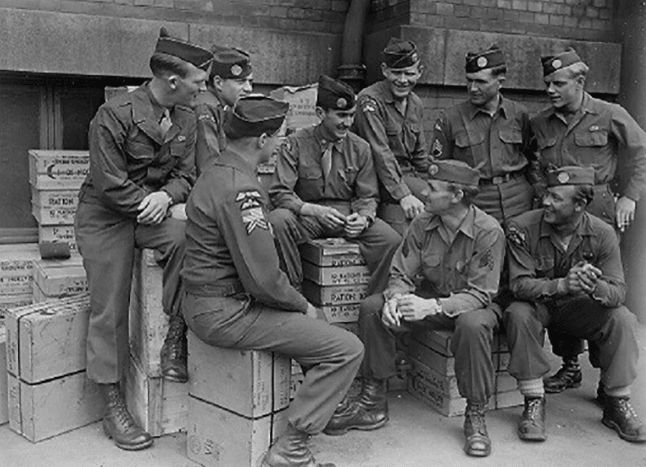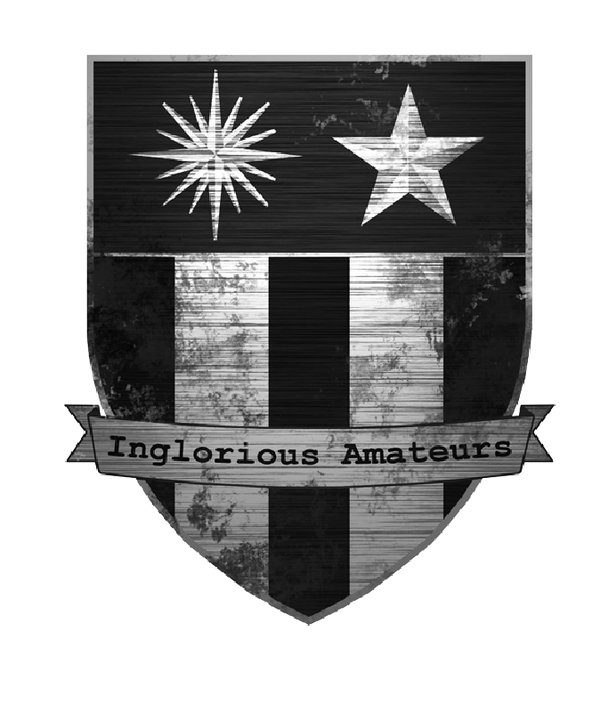
The Jedburgh Project
Share
Some 75 years ago, who would have thought that a covert operation would serve as the genesis for some of the most storied organizations in the US intelligence and military communities. The Jedburgh project focused on organizing partisan teams behind enemy lines to engage in sabotage operations and collection of intelligence among other tasks. The basis for this model, as well as the training and idea of the Jedburgh project and its success in WWII, lead to the creation of elements within the CIA and the creation of the US Army Specials Forces. Jedburgh members went on to significant careers helping establish and working within these organizations and others throughout the west.
The Jedburgh project was a combined Allied initiative consisting of members from the Office of Strategic Services Special Operations, the British Special Operations Executive, and the French Bureau Central de Renseignements et d’Action (BCRA). A typical Jedburgh Team consisted of a commander, an executive officer, and a non-commissioned radio operator. One officer was British or American, while another was from the country the team was deploying to. In total, ninety-three teams parachuted into occupied France, and eight into the Netherlands. After their success, more teams were later deployed to South East Asia to support and recruit resistance movements against Japanese forces in Burma. Teams reported directly to the Supreme Headquarters Allied Expeditionary Force in London via SOE wireless radios or “Jed Sets”.
Jedburgh teams went through extensive training to prepare for parachuting behind enemy lines. Much of this training is consistent with what paramilitary officers and Special Forces soldiers receive to this day. Language training, parachuting, mountaineering, amphibious operations, skiing, radio communications, small arms, navigations, hand to hand combat, explosives, and other tradecraft training was all completed in the Scottish Highlands and then Milton Hall near Peterborough in England.
On 18 October 1942 Hitler issued the Kommandobefehl (Commando) directive, ordering the execution of any captured saboteurs or commando units taking part in such action. Jedburgh teams were deployed covertly in generic uniforms to better protect them from this directive should they be discovered and captured. On 25 November 1944 British Captain Victor A. Gough became the only Jedburgh executed in this fashion after being captured as the only remaining Jedburgh from his team. He had survived alone in the Vosges Mountain region of France until October of 1944 when he was captured and tortured by the Gestapo, shipped to the labor camp at Gaggenau and then executed at the Ehrlich Forest under the directive. Though this is the only reported Jedburgh member executed under this directive, other OSS teams were not so lucky.
The first Jedburgh team, Team Hugh was inserted into central occupied France on 5 June 1944, just before the launch of Operation Overlord. Teams were deployed just prior to D day so as to ensure the operational security of the impending allied invasion of Nazi-occupied France. In total, 97 teams executed 93 missions in France. They also conducted missions in Algiers, Holland, and Belgium. Jedburgh trained personnel were later sent to Japanese-occupied “French-Indo China” (Vietnam, Laos, Cambodia) and teams were deployed in support of resistance efforts in Burma.
Well known Jedburgh members include former CIA Director William Colby, General John Singlaub, who went on to a storied CIA career, and Colonel Aaron Bank who became the first commander of the Army Special Forces 10th Special Forces Group. The lessons learned from Operation Jedburgh are still relevant and exercised today. From recent history, the invasion of Afghanistan by CIA “Jawbreaker” teams and Special Forces teams directly mimics the lessons learned some 57 years previously. Without the brave men of the Jedburgh teams, who volunteered for an immediate overseas assignment with a guarantee of a dangerous mission, the US ability to support internal defenses of our allies and nations in need would seriously be diminished.
